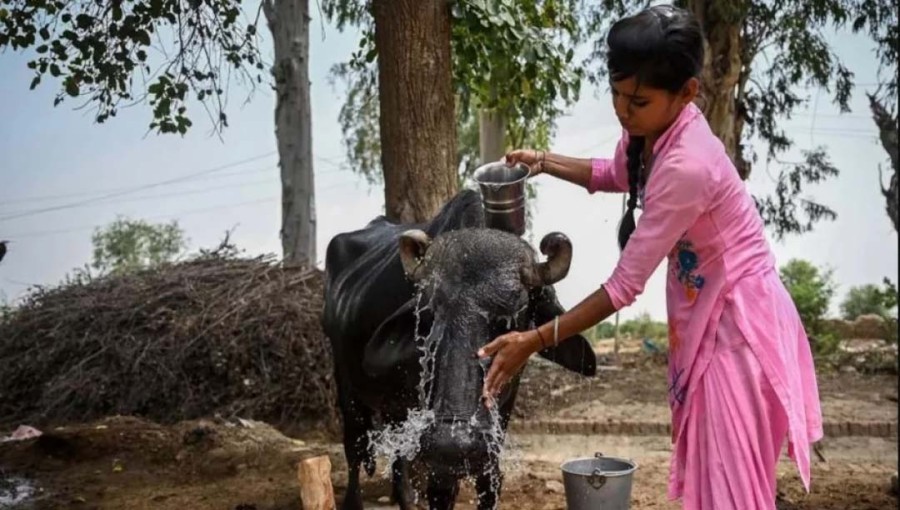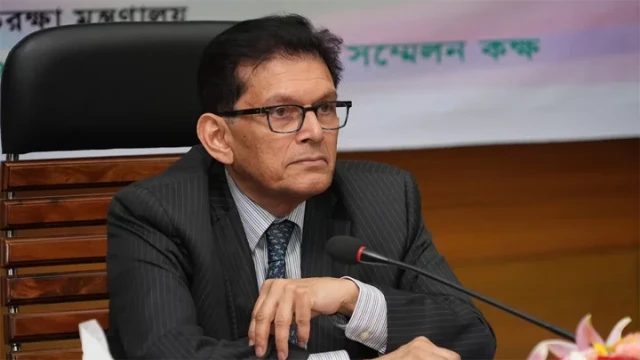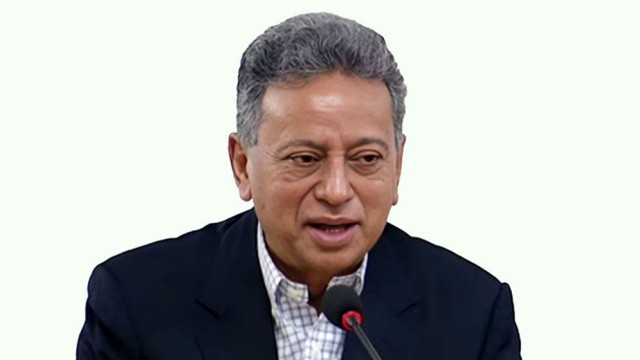Climate scientists emphasize that while heatwaves are typically associated with human discomfort, their repercussions on aquatic life and livestock are often overlooked. Heatwaves contribute to a decrease in dissolved oxygen in water bodies, affecting aquatic species, while farm animals also suffer from increased susceptibility to illness, resulting in reduced farm output.
As severe heatwaves persist across various parts of the country, temperatures soared to 42.6°C in Jessore and reached 40.4°C in Dhaka on Saturday. The Bangladesh Meteorological Department (BMD) has cautioned that the intense heatwave is likely to continue unabated.
Currently, Pabna, Jessore, and Chuadanga districts are experiencing very severe heatwaves, while Dhaka and Khulna divisions, along with Rajshahi district, are under the grip of severe heatwaves. Mild to moderate heatwaves prevail in Barisal and parts of Rajshahi divisions, as well as in several districts including Mymensingh, Feni, and Cox’s Bazar.
Scientists attribute the intensification and frequency of heatwaves in Bangladesh to climate change, underscoring the need for heightened awareness and proactive measures. Dr. Mohan Kumar Das, a climate scientist at RIMES, highlights the adverse impact of heatwaves on livestock, leading to decreased milk production and increased susceptibility to diseases among cattle.
Moreover, the decline in water bodies and vegetation exacerbates the heatwave's effects, with rising temperatures contributing to reduced dissolved oxygen levels in water, further endangering aquatic species.
Dr. Md Iqbal Kabir, director at the Climate Change and Health Promotion Unit, advises city dwellers to remain cautious and stay hydrated to prevent heat-related illnesses.
The agricultural sector also bears the brunt of heatwaves, with crop yields suffering due to heat stress and increased water demand for irrigation. Heatwaves not only jeopardize food security but also disrupt the agricultural value chain, affecting farmers' livelihoods and food processing.
As heatwaves persist, educational institutions have been forced to close temporarily, with schools shuttered for seven days from April 21 to April 27 due to the scorching conditions. College closures affiliated with the National University are also in effect until further notice.
Dr. Golam Rabbani, head of the Climate Bridge Fund Secretariat at Brac, underscores the socio-economic repercussions of extreme weather events, with families facing livelihood losses resorting to measures like child marriage and child labor.
A report by the World Bank warns of rising temperatures in Bangladesh, with the average temperature projected to increase significantly by 2050, underscoring the urgent need for adaptation measures to mitigate the adverse effects of heatwaves.

























Comment: